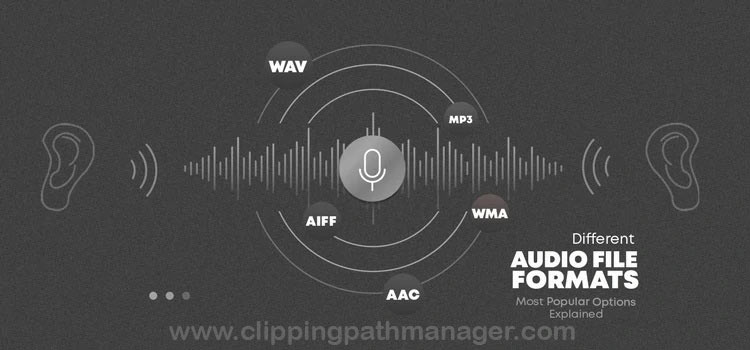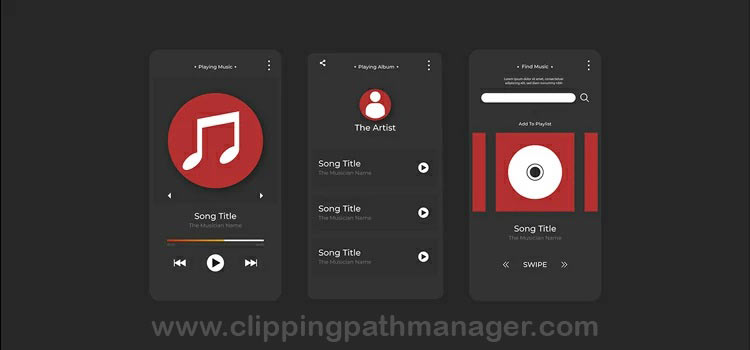Short Brief:
WMA is a proprietary audio file format developed by Microsoft and is used primarily on Windows computers and portable music players. WMA is a lossy compressed audio file format, which means that it typically saves audio files in a smaller size than the original file.
The WMA format is based on the Windows Media Audio codec, which is a proprietary audio codec developed by Microsoft. This file can be played back on a variety of devices, including Windows computers, portable music players, and some mobile phones.
Advantages of WMA:
The WMA audio file format has a number of advantages over other audio file formats. One advantage is that it is a lossless audio file format, meaning that it does not lose any quality when it is compressed. This is in contrast to other audio file extensions such as MP3, which do lose quality when they are compressed. Another advantage of WMA is that it is a very efficient audio file format. This means that it takes up less space on your hard drive than other file formats.
Disadvantages of WMA:
The main disadvantage of WMA is that it is a proprietary format developed by Microsoft. As a result, it is not as widely adopted as MP3 and therefore may not be compatible with some devices. Additionally, WMA files tend to be larger in size than MP3 files, which can take up more storage space.
To Conclude- Different Audio File Formats
There are a variety of audio file formats available for use. Each format has its own advantages and disadvantages. The format you choose will depend on your specific needs and preferences. If you need a format that is compatible with a lot of different devices and software, MP3 is probably your best bet. If you need a format that has better sound quality, AAC or WAV might be better choices.
Ultimately, the best audio format for you is the one that meets your needs the best.







